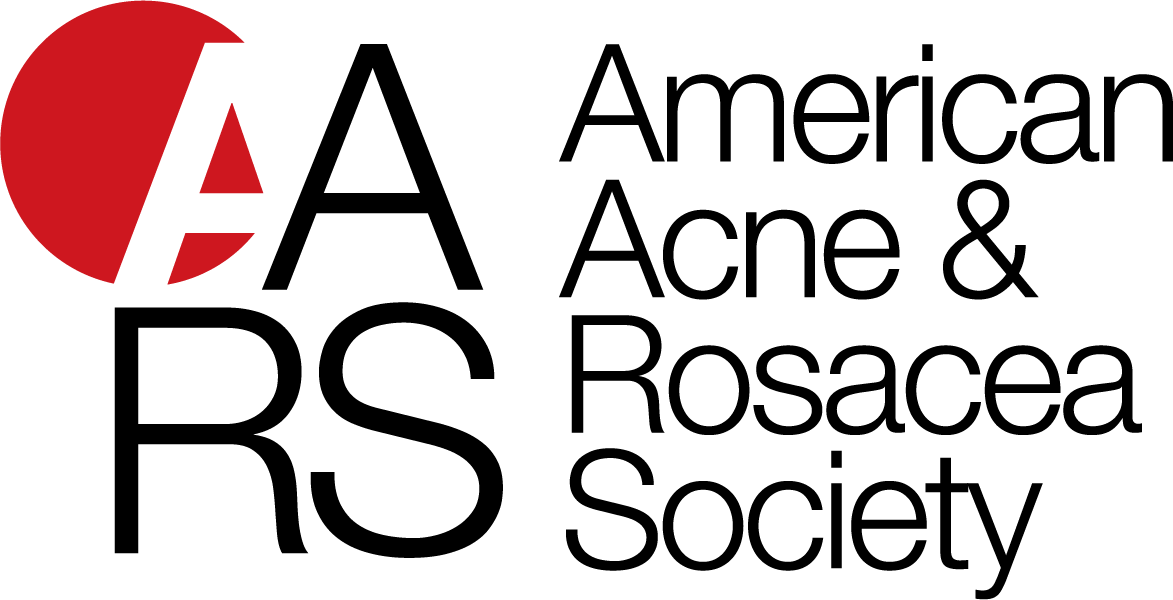Barbara Rainer, MD
Johns Hopkins University, Dept. of Dermatology
2013 Research Grant Recipient
Research Grant Proposal
Comparative Analysis of the Gut and Skin Microbiota in Patients with Moderate-to-Severe Acne in Response to Oral Antibiotics using Barcoded Pyrosequencing
- To examine microbial signatures of the gut microbiota in patients with moderate to severe acne and to identify differences between microbe communities in patients with acne and healthy volunteers without acne using 16S rRNA PCR amplification, pyrosequencing and computational phylogenetics.
- To compare the overall structural changes of the gut and skin microbiota of patients with moderate to severe acne in response to oral antibiotic treatment.
The comorbidity of sebaceous gland-associated diseases with gastrointestinal pathologies makes the intestinal flora an attractive candidate as a central player in the etiology of acne vulgaris. We hypothesize that 16S rRNA PCR amplification and pyrosequencing of the gut microbiota will identify a significantly different microbial community in patients with moderate to severe acne compared to healthy volunteers without acne. The most obvious consequences of altered gut microbiota are malfunction, dysbiosis, and impaired gut permeability with a resultant increase in the passage lipopolysaccharides (LPS) from Gram-negative colonic bacteria into systemic circulation. If not detoxified, LPS induces inflammation via Toll-like receptors 2 (TLR2) and 4 (TLR4) as well as transcription of pro-inflammatory cytokines, both locally in the gut and systemically. Given the significant upregulation of TLR2 and TLR4 in inflammatory acne vulgaris, bacterial LPS could represent the link between gut dysbiosis and the pathogenesis of inflammatory acne symptoms.
To date, no study has directly investigated potential differences in gut microbiota between patients with moderate to severe acne and healthy volunteers without acne. Here we propose to investigate the overall structural changes of the gut and skin microbiota of patients with moderate to severe acne in response to oral antibiotic treatment and correlate these findings with acne severity. An understanding of the dominant mechanisms of the assembly of the gut and skin microbiota in acne patients could directly alter how clinicians treat acne. An adaptive management approach to tailor treatments to individuals on the basis of changes in an individual’s microbiota has the potential to revolutionize the treatment of acne.
Publications
Rainer B, Fischer A, Felipe da Silva D, Kang S, Chien A. Rosacea is associated with chronic systemic diseases in a skin severityedependent manner: Results of a case-control study. Journal of the American Academy of Dermatology. October 2015.
View Dr. Rainer’s Study



